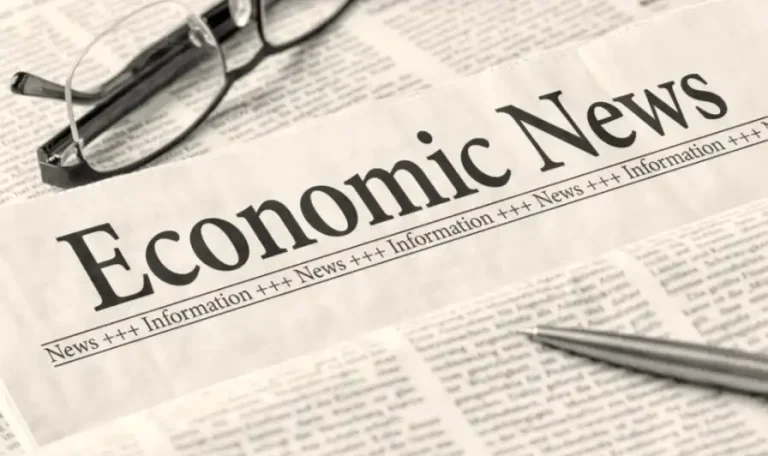Main Highlights
- The International Macroeconomic History Online Seminar Series, a CEPR initiative, has celebrated its 100th episode.
- Initially launched as a response to challenging times, it has become a significant global platform for economic history discussions.
- The series emphasizes the interconnectedness of economic history and contemporary global challenges.
- Organizers Nathan Sussmann and Rui Esteves shared insights into the seminar’s evolution and impact.
A Decade of Economic Insights: The International Macroeconomic History Online Seminar Series
The International Macroeconomic History Online Seminar Series, a CEPR initiative, has accomplished a remarkable milestone: its 100th episode. What began as an innovative solution during challenging circumstances has matured into a crucial global forum for professionals committed to understanding the enduring lessons derived from economic history. This series consistently underscores the fundamental belief that economic principles are deeply rooted in historical context, continually informing our comprehension of present-day challenges.
The Genesis and Evolution of a Global Forum
This landmark 100th episode was honored with a special edition of VoxTalks Economics. The program featured a compelling conversation with the series’ organizers, Nathan Sussmann and Rui Esteves, both esteemed members of the Geneva Graduate Institute. Their discussion delved into the pivotal moments that have shaped the seminar series’ trajectory. Furthermore, they explored how a century of accumulated historical economic lessons can offer illumination for current economic events. The conversation poignantly highlighted the profound importance of history to the field of economics and underscored the series’ integral role in bridging historical understanding with contemporary issues.
Why Economic History Matters
The ongoing series consistently reinforces the critical argument that economic history is far more than a mere academic pursuit. Instead, it serves as an essential tool for gaining a comprehensive understanding of contemporary economic phenomena. By meticulously examining past trends, impactful policy decisions, and their subsequent consequences, economists are empowered to develop a richer, more nuanced perspective on the intricate complexities of the global economy. This diachronic view facilitates a more profound analysis of current events, which can help in identifying recurring patterns and potential pitfalls that might otherwise be easily overlooked.
💡 The International Macroeconomic History Online Seminar Series has firmly established itself as a cornerstone for those who believe that economics is a discipline inherently tied to its own past. Its consistent output of insightful discussions and rigorous analyses provides invaluable context for understanding the ongoing evolution of economic systems.
Connecting the Past to the Present
During the special episode, the organizers compellingly emphasized how the seminar series actively facilitates a deeper comprehension of current global economic challenges. By ingeniously drawing parallels and constructing contrasts with historical precedents, participants are better equipped to develop more informed perspectives on critical issues such as persistent inflation, cascading financial crises, and the complexities of international trade. The valuable discussions featured within the series frequently serve as an indispensable bridge, effectively connecting established theoretical frameworks with the tangible real-world outcomes that have been observed across diverse historical eras.
Expert Summary
The International Macroeconomic History Online Seminar Series, a significant initiative by CEPR, has successfully reached its 100th episode. This milestone represents a decade of dedicated effort in providing profound historical economic insights. The organizers underscored the series’ pivotal role in effectively connecting past economic events to present-day challenges. They emphasized the indispensable value of economic history for fostering informed analysis and guiding effective policymaking within today’s intricate and dynamic global landscape.

